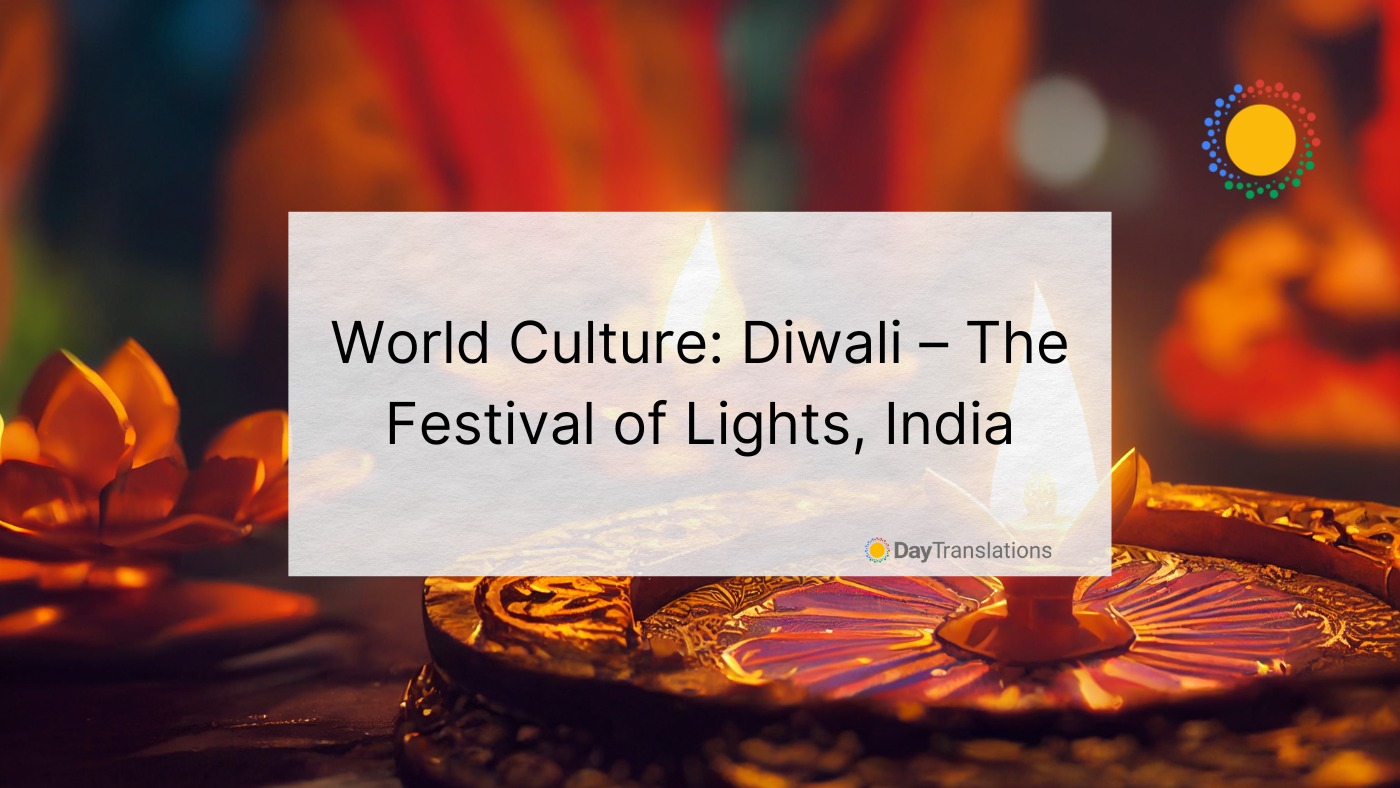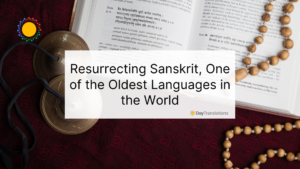It’s always a pleasure when our readers come with us as we travel and explore the different cultural festivals across the world. Today is no different as our travels take us to India to learn more about Diwali, The Festival of Lights.
The meaning of Diwali
As mentioned earlier, Diwali is widely celebrated as the festival of lights. It is a centuries old, 5 day celebration that is recognized by millions of Hindus, Jains, and Sikhs.
Diwali originates from the Sanskrit word ‘Deepavali’ meaning ‘rows of lighted lamps’. Now, just to let you know, you might come upon other variations of the word used to describe the festival of lights. Two possible variations are as follows: ‘Divali’ and ‘Dipawali’.
How Diwali is celebrated
Diwali is celebrated in different ways depending on the local traditions of each region in India. Hindus for instance light ‘dayas’ during Diwali. Here it is a widespread custom that on the night of the new moon they invite the presence of Lakshmi, the goddess of wealth to come among them. To the north of India, during Diwali they celebrate the royal homecoming of ‘Rama’, ‘Sita’, ‘Lakshmana’ and ‘Hanuman’ back to the city of Ayodhya after they defeat the 10 headed king of demons, ‘Ravana’.
In South India Diwali is celebrated in memory of the time Krishna defeated the demon ‘Narakasura’. In the same instance, others in this region celebrate the marriage of Lakshmi and Vishnu and even further, some people celebrate Diwali as Lakshmi’s birthday.
That said, no matter the region one thing’s for sure, Diwali is the time of year everyone looks forward to because it is a happy and colourful festival that everyone can enjoy. Families prepare themselves and their homes for 5 days worth of activities to include the special festivities symbolizing the victory of spiritual goodness they will welcome to remove spiritual darkness.
When is Diwali celebrated?
There isn’t a set date for Diwali as it is celebrated on the 13th day after the dark half of the lunar month ‘Ashvina’ and goes until the second day of the light half of the lunar month ‘ Karttika’. On the Western World’s Gregorian Calendar, Diwali falls anywhere between late October and November.
In 2020 for instance, Diwali celebrations began on November 14 with the official holiday being on November 16. The 5 days of Diwali usually go as follows:
Day 1 – Known as ‘Dhanteras’, is usually dedicated to the cleaning of homes and the purchasing of small gold items and new kitchen utensils takes place. The god that is worshipped on that day is Lakshmi. These activities are practiced as a way of welcoming good fortune.
Day 2 – This day is called ‘Naraka Chaturdashi’ or ‘Choti Diwali’. On this day people recognize the destruction of ‘Narakasura’. People also decorate their homes using clay lamps. They use the lamps to create ‘rangoli’ a design pattern usually created on the floor using colored sand or powders. Prayers are also offered for the souls of ancestors.
Day 3 – Called ‘Lakshmi Puja’ is the day when families seek Lakshmi’s blessing for prosperity. This is also the main day of the entire Diwali festival where feasts and fireworks also take place.
Day 4 – May be called one of the following ‘Govardhan Puja’, ‘Balipratipada’, or ‘Annakut’. On this day, celebrants commemorate Krishna’s defeat over the king of the gods ‘Indra’. The 4th day of Diwali also symbolizes the beginning of a new year in Hindu culture. On this day friends and relatives visit each other and bring gift and best wishes for each other.
Merchants also open new bank accounts and perform a religious ceremony in honor of this.
Day 5 – The final day of Diwali is known as ‘Bhai Dooj’, ‘Bhai Tika’, or ‘Bhai Bij’. On this day the bond between brothers and sisters is celebrated. Traditionally sisters pray for the success of their brothers along with their well-being.
As is customary and tradition, Diwali sees many lights and oil lamps being lit in the streets and in homes right across the regions. It is a time for friends and families to get together, exchange gifts, wear new clothes and of course have a good time. Lots of fireworks and festivities play a big part in Diwali celebrations.
Within the Jain community, Diwali is the festival that recognizes the period of enlightenment and liberation for ‘moksha’ of ‘Mahavira’. They celebrate this through lighting lamps to recognize Mahavira’s holy knowledge.
To wrap up…
Diwali is quite the festival. It’s filled with so many activities and customs to look forward to. It may be considered the most anticipated time of year for Indians because so much is recognized at this time of year.
We hope we were able to give you a taste of India and a taste of Diwali.












Sorry, the comment form is closed at this time.